Delegate Do Chi Nghia raised the issue of the same situation, some people rise up to escape poverty, but some do not, and some households that have escaped poverty are even sad.
"Why are they happy to be poor again?", Standing member of the Committee for Culture and Education Do Chi Nghia asked at the discussion session on the morning of October 30 about the results of monitoring the implementation of the Resolution of the National Target Program on new rural construction, sustainable poverty reduction for the 2021-2025 period, and socio -economic development in ethnic minority and mountainous areas for the 2021-2030 period.
According to Mr. Nghia, sustainable poverty reduction is still very challenging. The will to rise up and be self-reliant among the people is not high. This leads to the fact that well-off families in rural areas work hard, saving every hour to earn more income, but there are poor households that are very leisurely, waiting for support.
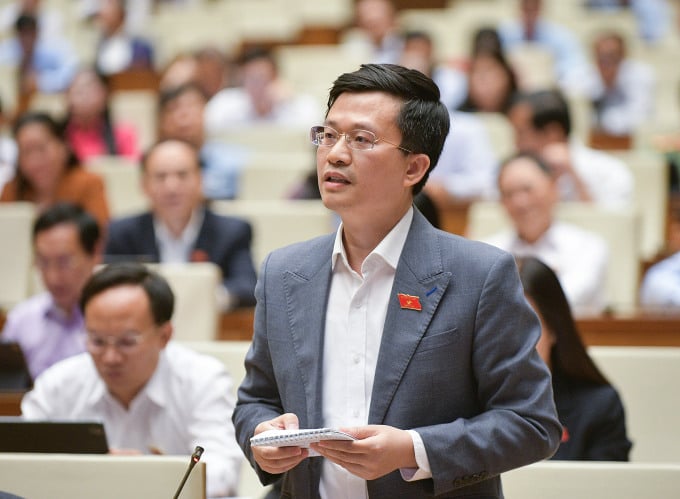
Delegate Do Chi Nghia speaks on the morning of October 30. Photo: National Assembly Media
Mr. Nghia cited the story mentioned by the Deputy Prime Minister earlier, that it is very difficult for students to return to their hometowns to get confirmation of their poor households. Localities implement a policy of rotating poverty by household. "That means each person gets a little of the fragrant flowers," he said.
Delegate Nghia suggested that the Government should have an effective communication policy to change the awareness of beneficiaries. Poor households need to be self-reliant and self-responsible in all possible situations. Without determination and community support, the target program will forever be just support. He also recommended that when implementing the national target program, it is necessary to consider allocating capital to localities so that they can handle it according to their conditions.
Vice Chairman of the Committee for Culture and Education Ta Van Ha argued that the reason why people have poor awareness and do not want to escape poverty is not necessarily because they do not have the will. "The fundamental reason why people do not want to escape poverty is that our program, from the way it is done to the quality, is not good, or is not sustainable enough for people to trust," he said.
According to Mr. Ha, the reality of national target programs is that when the program and project end, poor people become poor again. Therefore, the most important thing is that the implementation and quality of the program must be sustainable so that people "self-aware, no one wants to return to poverty".
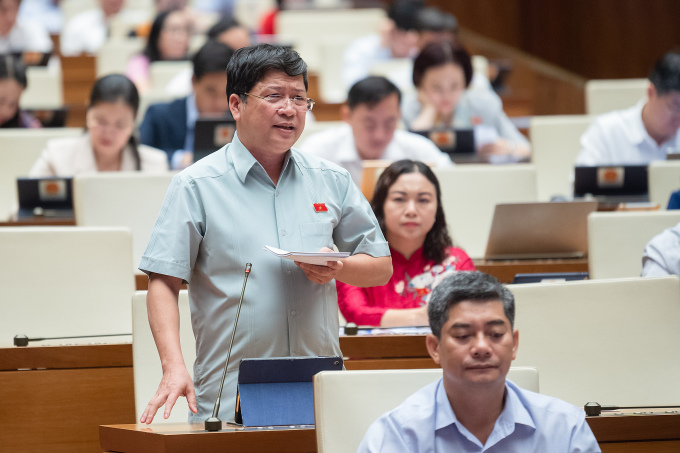
Delegate Ta Van Ha speaks on the morning of October 30. Photo: National Assembly Media
Mr. Ha also proposed decentralization and clearer delegation of power to localities, especially the provincial level, when using capital for national target programs. For example, the program sets the goal of solving housing, livelihoods, and domestic water, but if the locality has solved those problems, it can adjust to use capital for other more urgent problems, without having to ask for the Central Government's opinion. That is, the Central Government only manages the targets and goals, while the province decides how to do it, ensuring initiative.
Presenting the previous report to the Supervisory Delegation, Chairman of the Ethnic Council Y Thanh Ha Nie Kdam said that the National Target Program for Sustainable Poverty Reduction for the 2021-2025 period has a total minimum capital of VND 75,000 billion. However, the issuance of documents is still slower than the regulations; some issued documents have problems, localities have proposed that they need to be revised and supplemented; the allocation of the central budget is slow; some localities have arranged low counterpart funds.
In poor districts, the program only focuses on assessing the reduction in the poverty rate, not the actual increase in annual per capita income. In some localities, especially in ethnic minority and mountainous areas, the effort to be recognized as meeting new rural standards is mainly based on achievements.
There is a phenomenon of mountainous communes not registering to strive to achieve new rural standards by 2025 because if they do, they will no longer be particularly disadvantaged communes and will not enjoy social security regimes such as health insurance, rice support for students, regimes for cadres, civil servants, and public employees...
Source link


![[Photo] Many young people patiently lined up under the hot sun to receive a special supplement from Nhan Dan Newspaper.](https://vphoto.vietnam.vn/thumb/1200x675/vietnam/resource/IMAGE/2025/5/18/6f19d322f9364f0ebb6fbfe9377842d3)
![[Photo] Party and State leaders visit President Ho Chi Minh's Mausoleum](https://vphoto.vietnam.vn/thumb/1200x675/vietnam/resource/IMAGE/2025/5/19/d7e02f242af84752902b22a7208674ac)

![[Photo] Ready for the top competitions of Vietnamese table tennis](https://vphoto.vietnam.vn/thumb/1200x675/vietnam/resource/IMAGE/2025/5/18/9c547c497c5a4ade8f98c8e7d44f5a41)

![[Photo] Party and State leaders attend the special art program "You are Ho Chi Minh"](https://vphoto.vietnam.vn/thumb/1200x675/vietnam/resource/IMAGE/2025/5/18/6895913f94fd4c51aa4564ab14c3f250)
















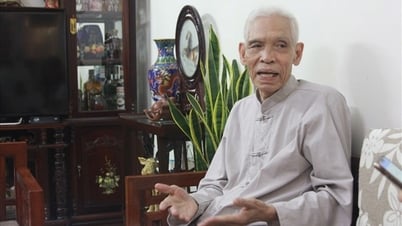



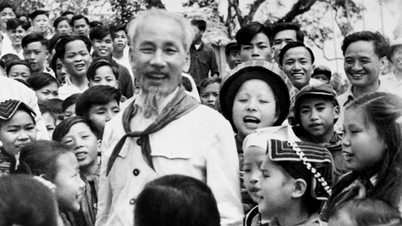






























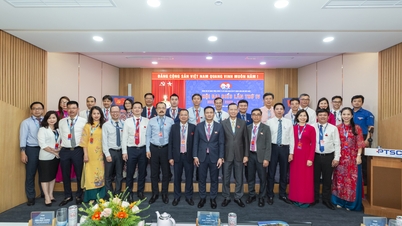








































Comment (0)